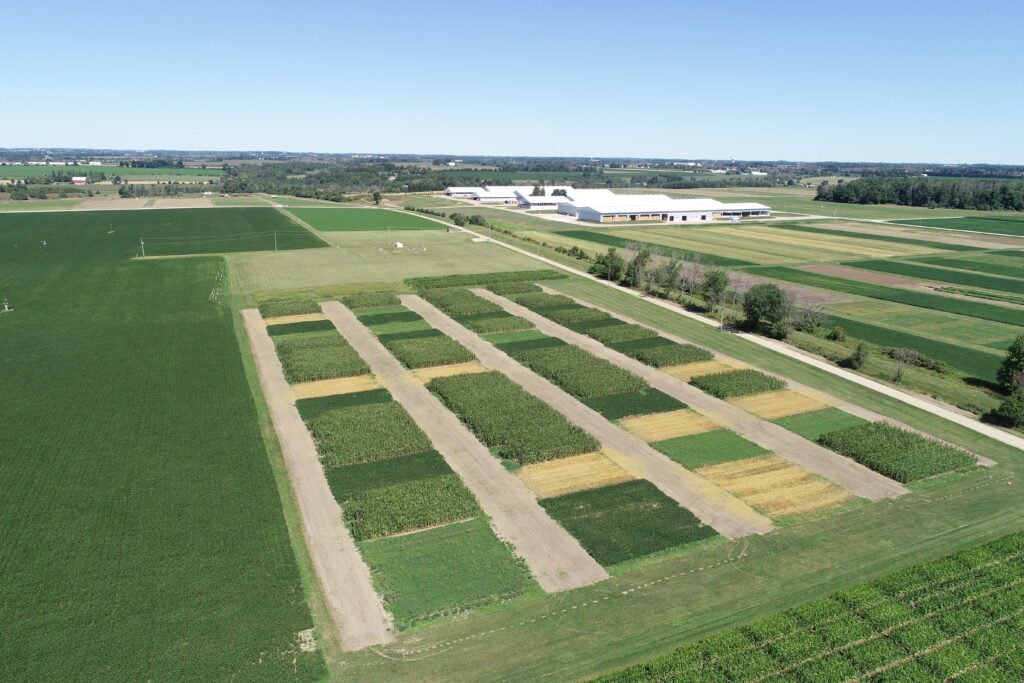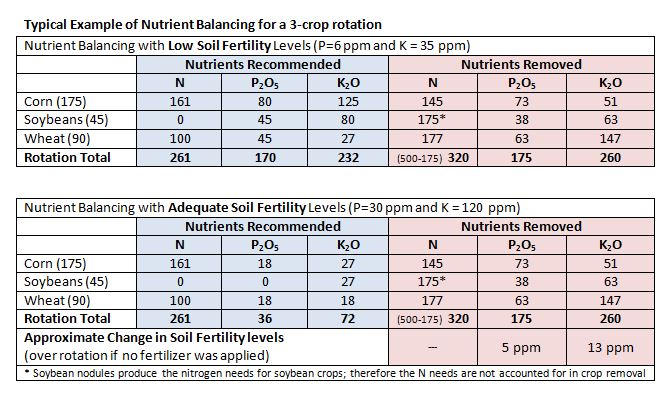Putting the economics to a three-crop rotation in Ontario: Wheat improves corn and soybean yields and returns

Co-authored with Ken Janovicek and Dr. Dave Hooker, University of Guelph Highlights By now, you’ve likely heard the message from the long-term rotation trials at Ridgetown and Elora: winter wheat in rotation improves corn and soybean yields. But with greater revenue coming in during corn and soybean years, the real question is whether these yield […]





